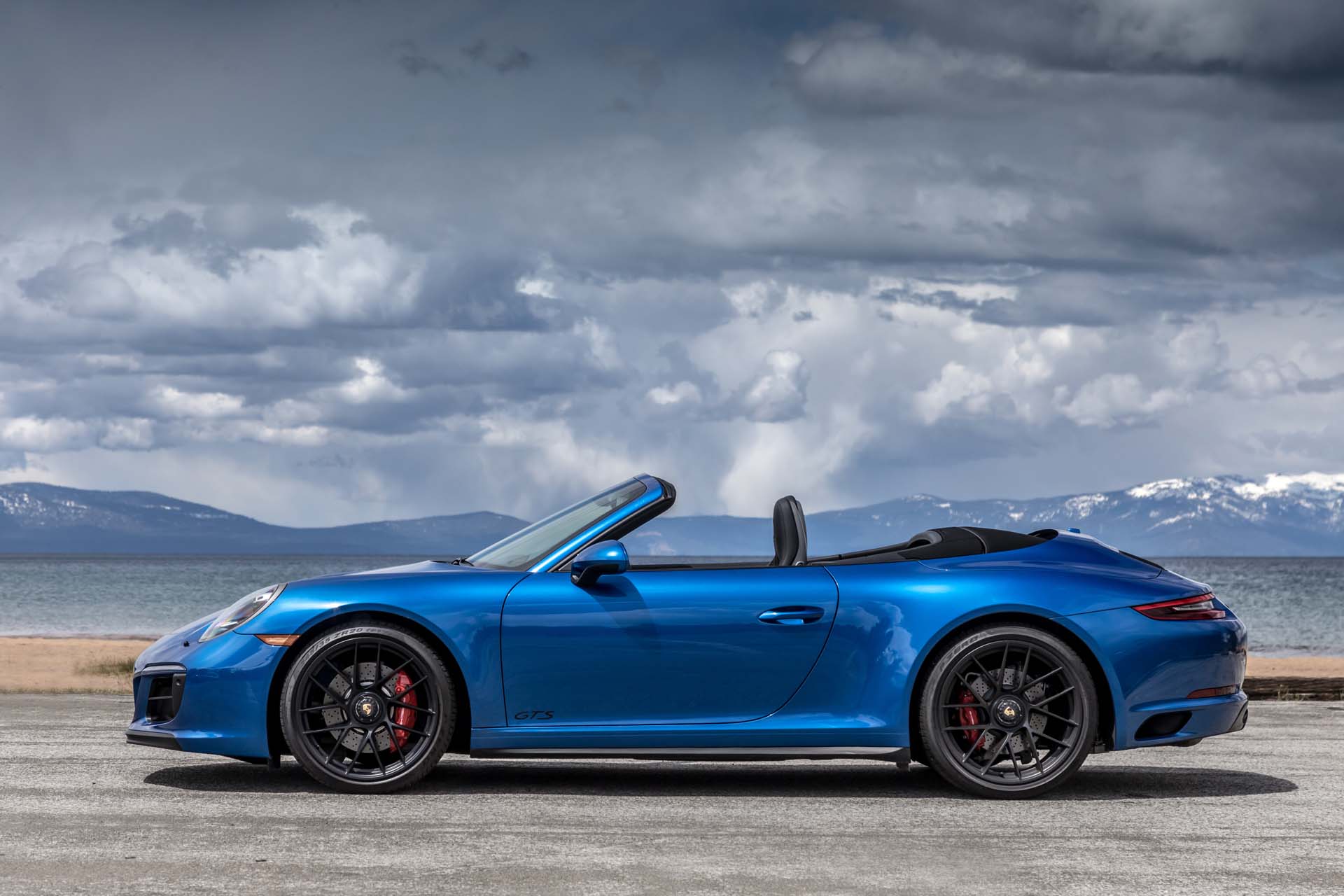Lexus, Porsche owners report the fewest problems; Jaguar Land Rover the most

New cars are more reliable and have fewer frustrations than in years past, according to the latest long-term vehicle dependability study conducted by J.D. Power. Owner complaints dropped 10% compared to last year’s study, and the overall rate of problems was at its lowest in the study’s 32-year history, the automotive research and consultancy group announced on Thursday.
New car owners reported fewer problems across the board in the first three years of ownership, with an industry average of 121 problems reported per 100 vehicles new in the 2018 model year. Last year, there were 134 problems reported per 100 vehicles (PP100). Normally in this study, there is a 3% average annual improvement year-over-year.
People have been driving less during the pandemic, which has reduced the number of problems of reported, according to J.D. Power.
“One third of the improvement is [due to] people driving less,” Dave Sargent, vice president of global automotive at J.D. Power, said in a call.
Yet, there are still plenty of complaints about infotainment and navigation (“audio/communication/entertainment/navigation,” or ACEN). It has improved at the slowest rate and remains the biggest sore spot for owners. That category represents the top gripes out of eight broad categories covering 177 specific problems reported by survey respondents. Exterior issues and engine issues tied for second highest source of reported problems.
The connected car also represents automakers’ biggest challenges moving forward.
“Most owners aren’t experiencing their vehicles breaking down or falling apart but, for many, vehicle technology continues to function poorly or inconsistently,” Sargent said in a statement. “If an owner can’t rely on a system to work as they expect, it is also considered a lack of dependability. It affects their overall view of the vehicle and their likelihood of staying loyal to their automaker. In the future, dependability will partially be determined by the ability to solve problems through vehicle updates and the avoidance of technology obsolescence.”
Connectivity and pairing issues, as well as voice recognition failures, represent the biggest source of complaints, nearly doubling the next highest reported problem of excessive wind noise. Owners find that Apple CarPlay and Android Auto work better than native systems, Sargent said.
Asian brands fared particularly well again this year, with Korean brands Kia, Hyundai, and Genesis collectively averaging fewer than 100 complaints per 100 vehicles. But, once again, no automaker reported fewer complaints than Lexus, with its score of 81, led by the Lexus ES that ranked highest in the compact premium car segment.
The truck and SUV segments combined, which account for 80% of new vehicle sales, according to J.D. Power, fared worse than cars, which had 15 fewer problems per 100 vehicles on average. Lexus also has slow, incremental roll outs of new vehicles and new technologies that tend to the familiar not the cutting edge. Automakers with several new models launched in a model year, such as the redesigned 2018 Honda Accord and Honda Odyssey, typically don’t fare as well due to glitches uncovered in real world driving.
Porsche ranked second at 86, bolstered by the Porsche 911, which was the highest-ranked model for the second time in three years.
Toyota also ranked in the top five with a 98, reflecting its slow and steady rollout of tech as a way to keep owners happy, even if the new cars don’t feel all that new.
Kia ranked third at 97, dropping 35 points from last year, while Cadillac also made big strides in catching up to Buick at 100 complaints per 100 vehicles, to tie for fifth. Cadillac edged out Genesis this year, but the results follow a similar ranking pattern as last year’s study.
Hyundai, Genesis, Lincoln, Acura, BMW, Chevrolet, Mitsubishi, and Mazda beat the industry average for reported problems, according to J.D. Power.
On the other end of the spectrum, the usual suspects more than doubled the complaints of the high performers. Owners of Chrysler(166), Tesla(176), Jaguar(186), Alfa Romeo(196), and Land Rover(244) reported the most problems.
Tesla doesn’t allow J.D. Power to contact owners in 15 states, so the ranking is extrapolated from owners in the other states, and Sargent made clear the low rating is not because Tesla makes electric vehicles that confuse owners. That’s the American automaker’s strong point, as is its ACEN, which is otherwise an industry bugaboo. It’s the build quality that’s an issue.
“Tesla has some learning to do in the fundamentals of auto manufacturing,” Sargent said.
The study was based on responses from 33,251 original owners of 2018 vehicles.

